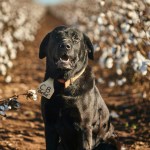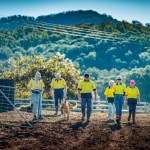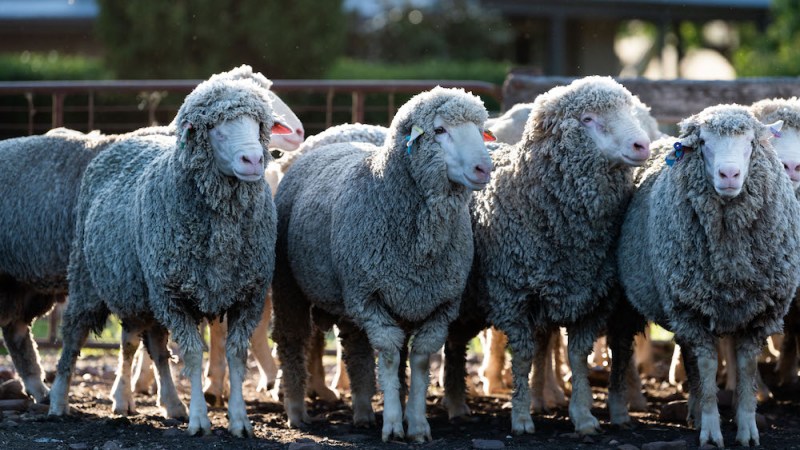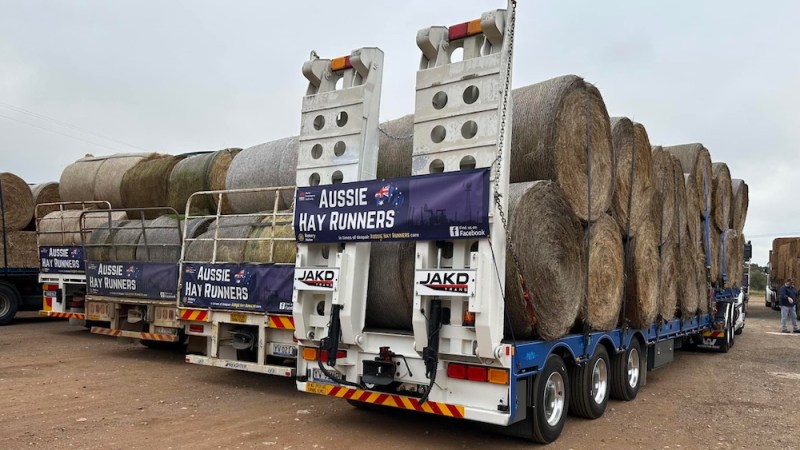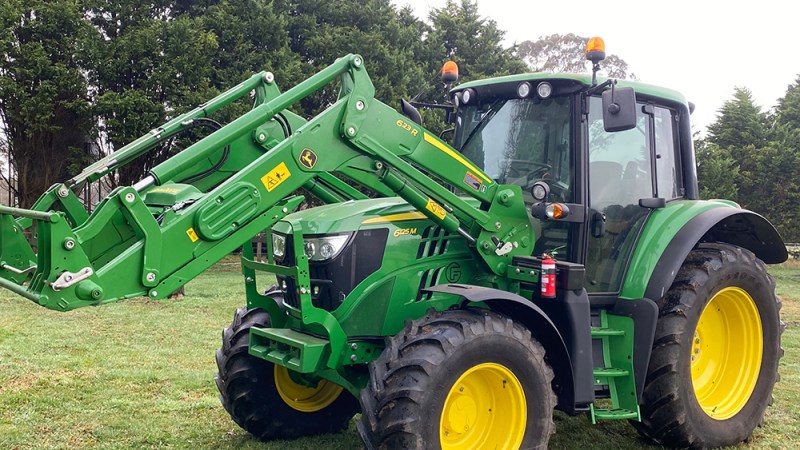Real name and nicknames: My name is Millie but sometimes I’m called Mills. What is…
Meet the Fenech family from Sydney
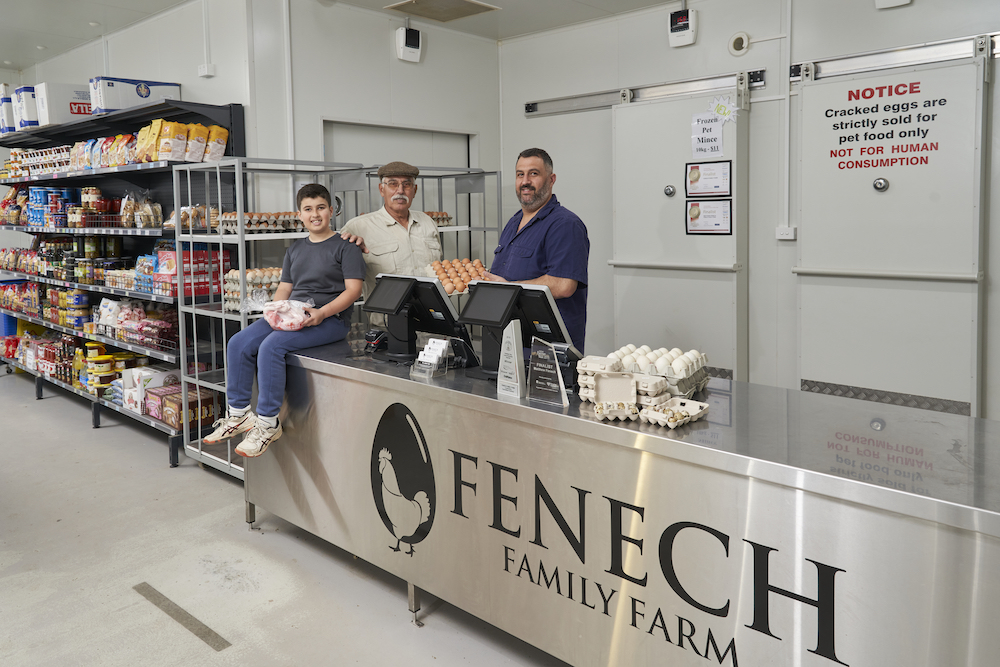
Just off Sydney’s busy M7 is Horsley Park – Sydney’s Green Belt – and it’s constantly under threat from developers. “I reckon 90 per cent of the market gardens and small farms have gone from here now,” says third-generation egg farmer Matthew Fenech from the Fenech Family Farm.
Matthew puts his survival down to an entrepreneurial streak, good customer service and a determination to get the maximum return on his investments. “If someone walks through this door, I want to sell them more than a tray of eggs,” he explains, gesturing at the shelves of his farm shop, laden with Maltese and Italian specialties.
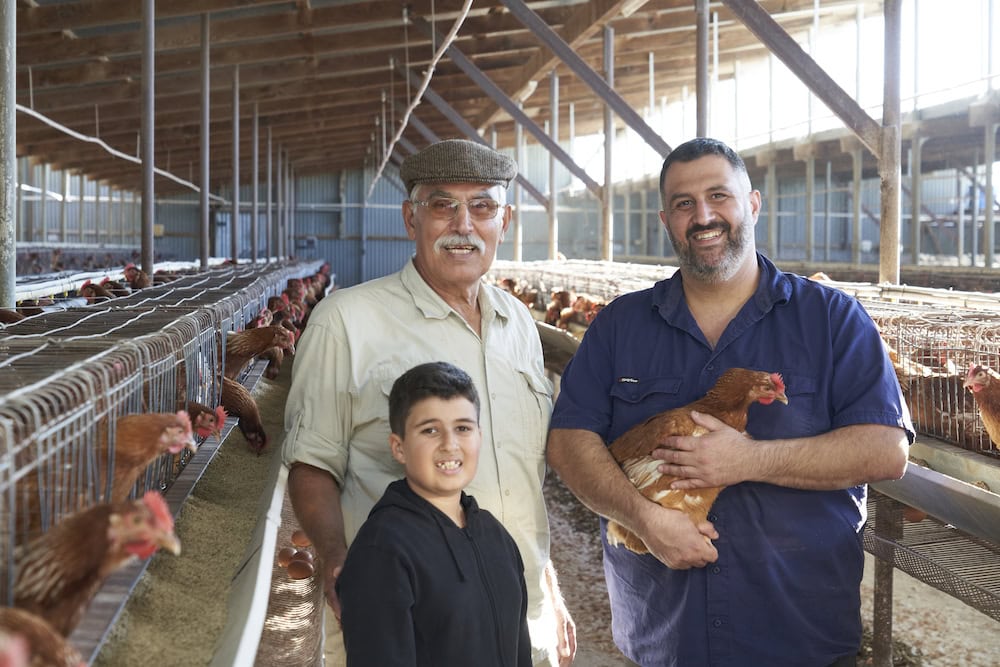
As we talk, a constant stream of customers arrive. Many are from Chinese, Indian or Vietnamese cultures, eager to buy niche products such as dressed roosters with feet and legs still on. “Roosters are a by-product of the egg industry. They grow slower than normal chickens – five months rather than five weeks – so they suit their cooking style better.”
Customers also flock for dressed pullets, quail, spatchcock and pigeons, as well as legally processed and farmed rabbits, snapped up by Maltese and South American customers despite the $37 a kilo price tag.
While big producers generally send spent hens to pet food processors, Matthew makes a better profit selling them to families who want to convert them into nutritious chicken soup.
He bags up the manure from the laying sheds and then it’s for sale alongside bags of mulch, because if keen gardeners are shopping they’ll want both. And if customers fancy buying a few laying chickens of their own to take home, he’ll sell those as well. And yes, the feed to go with them.
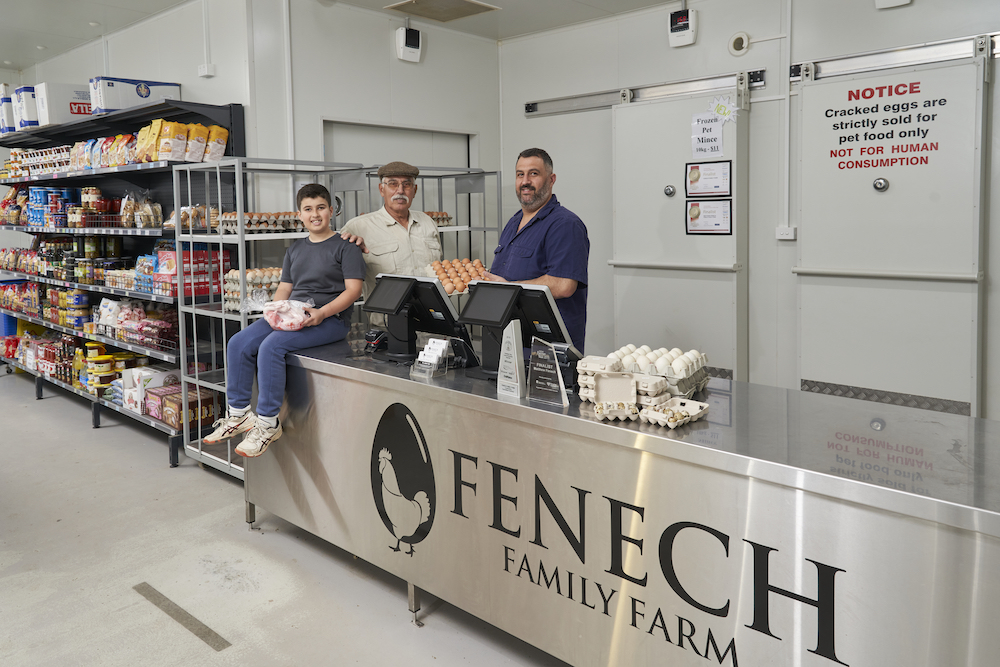
Like everything else, the range of eggs Matthew sells is also impressive. Along with caged, barn or free-range brown chickens eggs, Matthew sells duck and quail eggs plus white eggs, popular among Orthodox customers, especially at Easter when they like to colour them. It won’t come as a surprise to hear that he also sells the colour, or that his exceptional customer service includes helping buyers load all their purchases into their cars.
The Fenech Family Farm also supplies restaurants, cafes, bakeries, food manufacturers, corner stores, and butchers. The wholesale market grows by word of mouth, Matthew says.
In the beginning
The original Fenech farm was established by Matthew’s grandparents, Charlie and Rose Grima, in the 1960s, beginning with just one shed and everything being packed by hand. It was the days before the 1989 egg deregulation, so it was easier to make money, Matthew observes.
With the current free-for-all, it’s impossible to keep surpluses under control. This is one of the reasons that egg prices have barely risen since, says Matthew.
In 2003 the Grimas’ daughter Marion and her husband Joe (Matthew’s parents) took over the Fenech farm, and Matthew moved on to their old home at Cecil Park, where he raised broiler chickens.
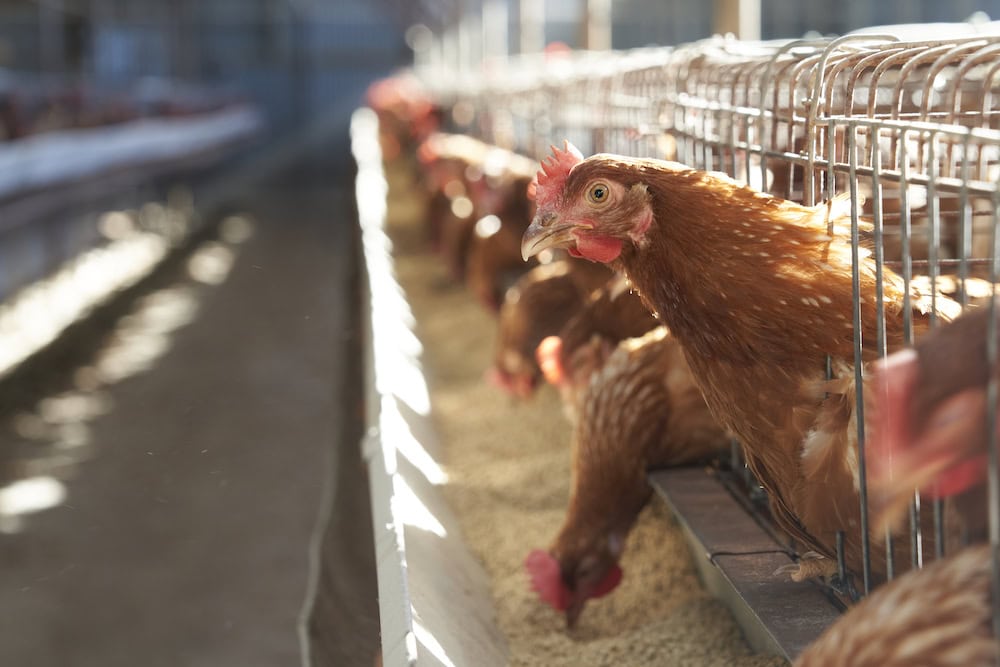
Four years later, he convinced his parents to join both businesses together – producing eggs and pullets. “It put more money into the business and gave me the opportunity to maximise the potential,” he explains.
Matthew took over the main Fenech farm about nine years ago, with his dad keeping a 10 per cent share and returning to Cecil Park. Both farms now have three sheds, currently holding around 23,000 chickens between them.
The majority of these hens are in cages. “Cages are cleaner, there’s less mortality, less stress on the bird, reduced pathogens and disease and no predators.”
Matthew Fenech.
Not everyone agrees, however, and although 40 per cent of supermarket egg sales in Australia are caged, animal welfare experts and government are still debating whether to phase them out or insist on more modifications.
Among proposals so far are to end their use by 2036 or come to a compromise with larger cages that include perches and scratch pads. Either way, the uncertainty makes it difficult to plan and invest, Matthew sighs.
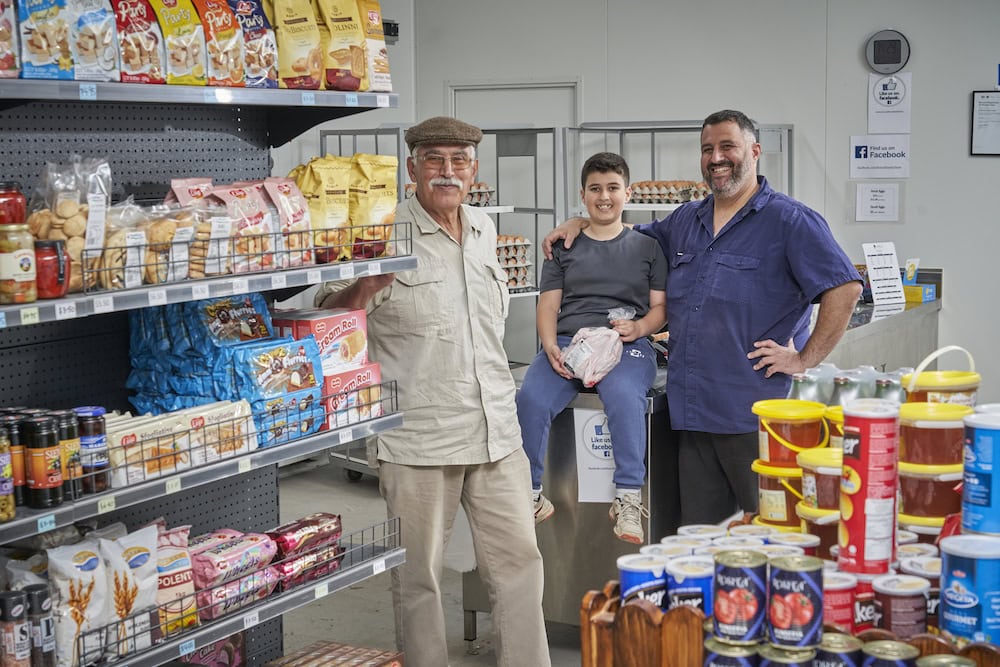
So what does Matthew’s dad think of the way his son is running things?
“We do argue,” Matthew admits. “He thinks I employ too many staff and he doesn’t understand the expenditure on advertising. But it works. I advertise a lot in ethnic newspapers because they’re the people I want through the door for those niche products. I’ve done my research and I know what they want and whether there’s enough of a market.
“I’ve always got ideas but I have to be mindful of biosecurity. It’s more complicated being on the edge of the city but it’s also what makes us lucky because our customer base is here. We’re not carting stuff from 500-600km away, and people who worry about buying good food without food miles appreciate that.”
Matthew Fenech.
“When we had COVID lockdowns, there was a point when produce wasn’t getting in from the country to Sydney but we were still here,” he says. “The only problem was the government stuffed us up with the five-kilometre rule. It was great for supermarkets but there’s not much around us in a five-kilometre radius.”
Matthew admits that he’s still recovering from that blow – but at least he’s still here, doing what his family has been doing for 60 years. “And we’ll continue doing it for as long as we can,” he says.
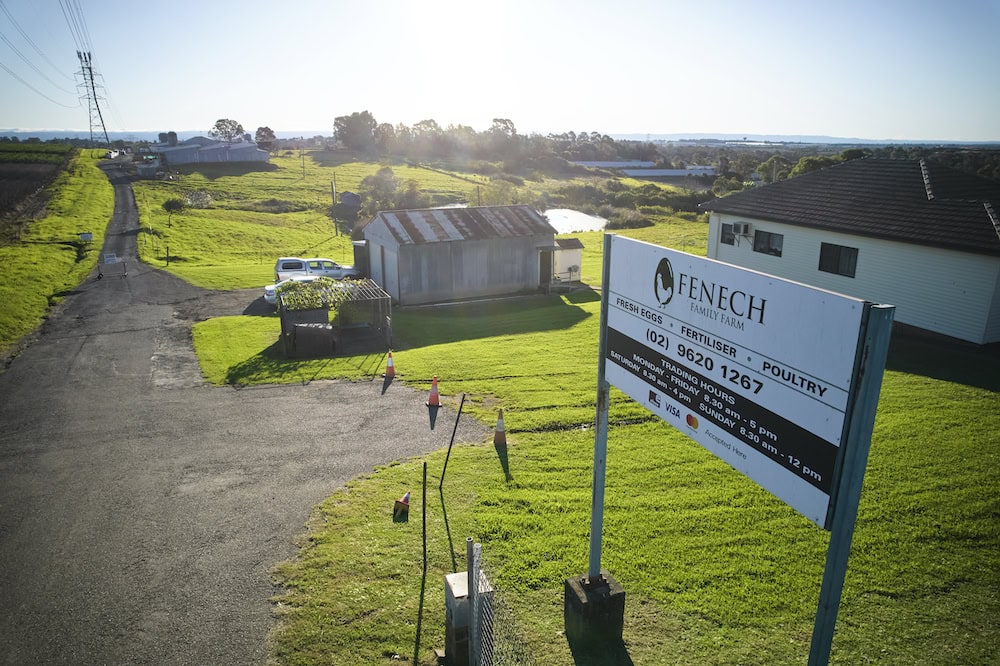
The first generation of the Fenech family
Joe Fenech arrived in Australia in 1971. He was just 20 years old and had no idea where to settle but as soon as he saw the Sydney Basin’s Horsley Park and the thriving market garden scene there, he declared: “This is my place”.
“I’d been a farm boy back in Malta,” says Joe. “So when I got here, I’d stop and help people loading cabbages for market or sorting other produce. Within six months,
I was one of them.”
Joe was a devout Catholic and became treasurer of the church parish council. The secretary was a young woman named Marion Grima.
“The council met every two weeks and we’d sit next to each other. We ran all the social events, from dances to bingo. I don’t know how many years we did that but eventually we both decided to quit the parish council and I suddenly realised I wasn’t going to see her again.
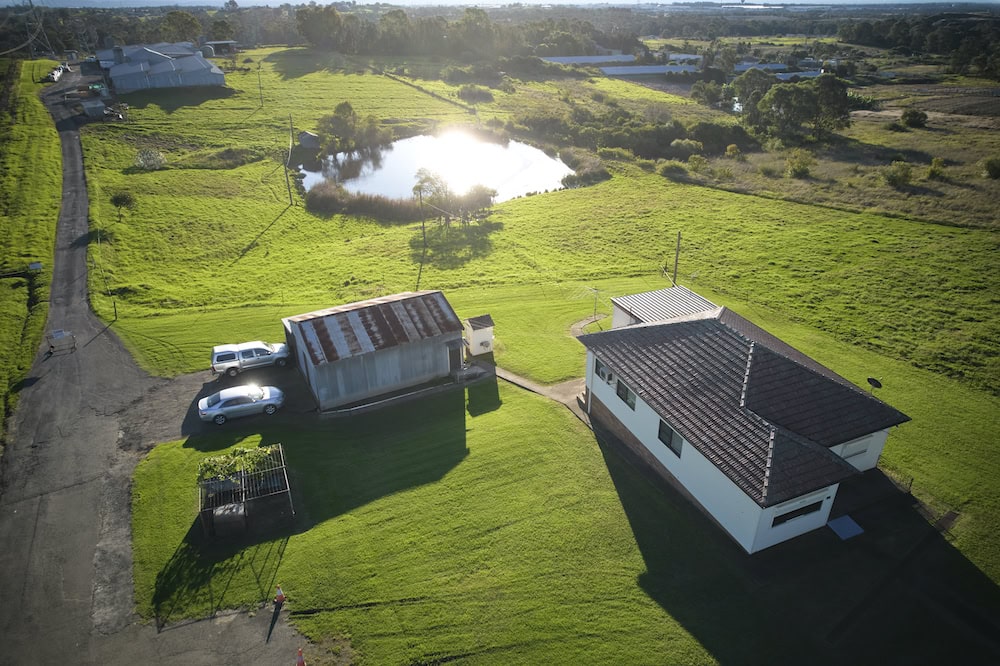
“So I spoke to her cousin and said: “Can you tell Marion I’d like to ask her out?’
“He said: ‘Joe! You sit next to her every two weeks!’ But I’d never thought of her that way before. It never crossed my mind. Anyway, I told her and that was it, we got married and I never regretted it one bit.”
With both parents and grandparents working as market gardeners and egg farmers, Marion knew it was 24/7 labour and was keen to do something different. “But I loved farming, so she went along with it. If it wasn’t for her, I’d never have got as far as I got,” Joe says.
The couple bought their five-acre property, Cecil Park and for the next 25 years raised broiler chickens on contract. For the first 12 years Joe was still doing afternoon shifts at a brickyard as well. “I never got more than four hours’ sleep a night. People don’t realise what you sacrifice to get ahead.”
The couple ended up with three 100-metre sheds, all built by Joe, with him always waiting until he had the capital necessary for the next investment.
“I was growing 60,000 chickens at a time by the end but I felt I was controlled by the processors. I hated it.”
Joe Fenech.
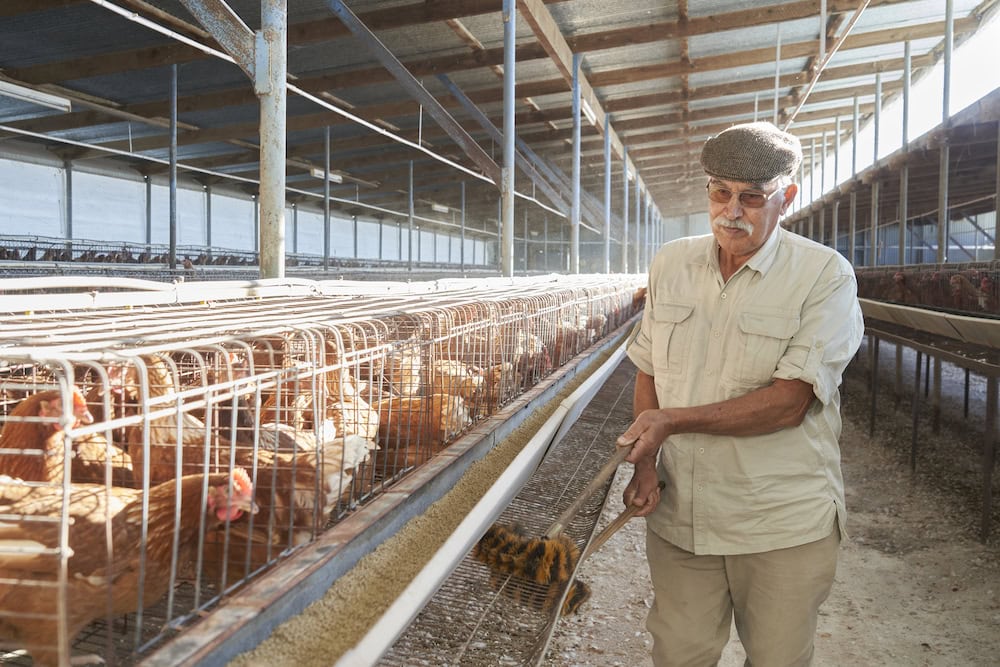
When Marion’s parents Charlie and Rose decided they were getting too old to run their egg farm, 10 minutes up the road, Joe saw his opportunity. He leased their eight acres, changed the name to Fenech Family Farm, and started converting his broiler sheds to hold barn laying chickens.
“It was my proudest achievement, changing from broilers to eggs. I couldn’t stand it any longer,” he says.
“I started making improvements, and since Matthew took over we’ve improved biosecurity, put in a modern grading facility, renovated the farm shop… it almost doesn’t look a farm it’s so clean and tidy.”
Sadly, just as the couple were getting comfortable, Marion discovered she had stage 4 cancer, and within weeks she passed away, aged just 58. Joe carried on for a couple of years without her but his heart was no longer in it. Of their four children, only Matthew wanted to take over.
Today Joe is back at Cecil Park, still doing a few hours’ work a day. His mother-in-law is now 90 and lives nearby, and he visits her regularly. Is he ever tempted to sell to the circling developers?

“Never,” he replies. “I’m used to being outside and being free to wander around my five acres. I love this lifestyle.”
The new generation of the Fenech family
Luke is the youngest of Matthew’s three children, and at 10 years of age he is the one who has shown interest in taking up farming one day.
“It’s pretty good being part of a farming family, but the work is hard,” he says.
Luke enjoys taking care of the chickens and also the family’s “lawn-mowing cows”. However he admits that his favourite job is driving the forklift.
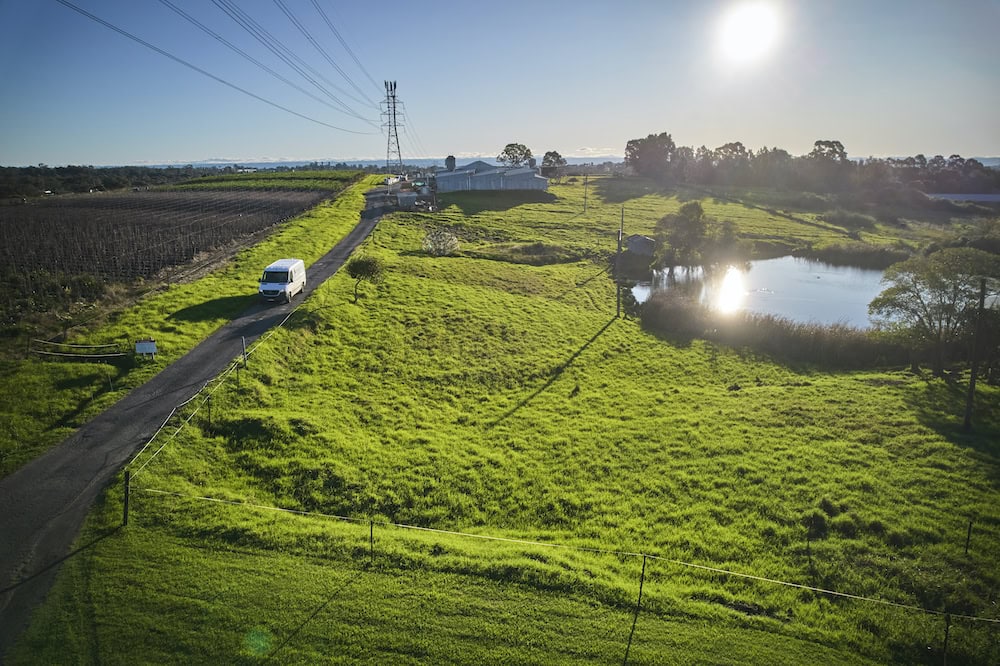
“I help my grandfather. If he needs me to get some pallets, then I do that. I like helping him on the tractor, too. He’s only round the corner and is teaching me about farm management, animal husbandry and how to drive stuff.”
Luke Fenech.
If you enjoyed this feature on the Fenech family from Western Sydney, you might like our story on farming family – the Snows.



